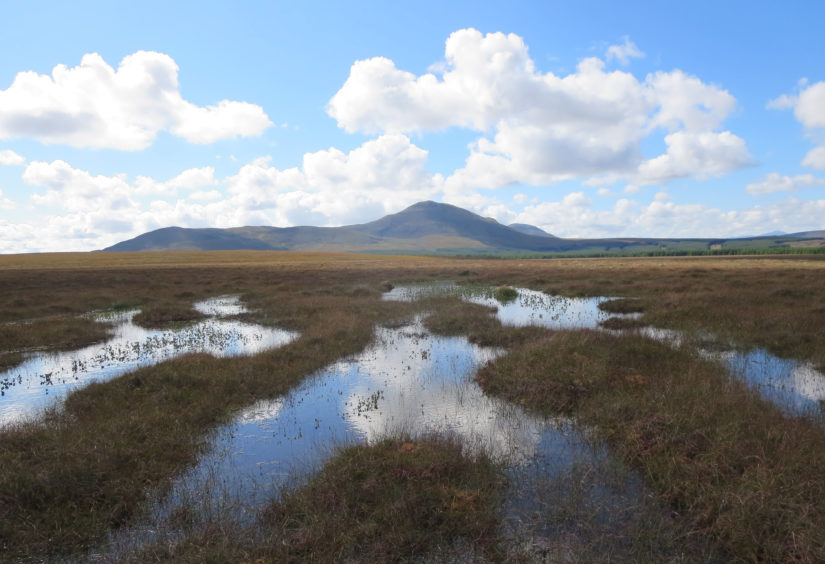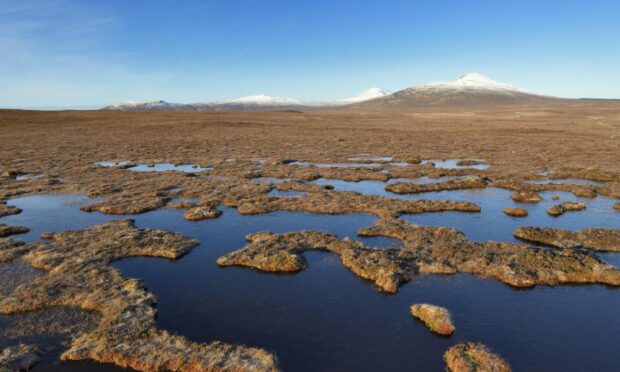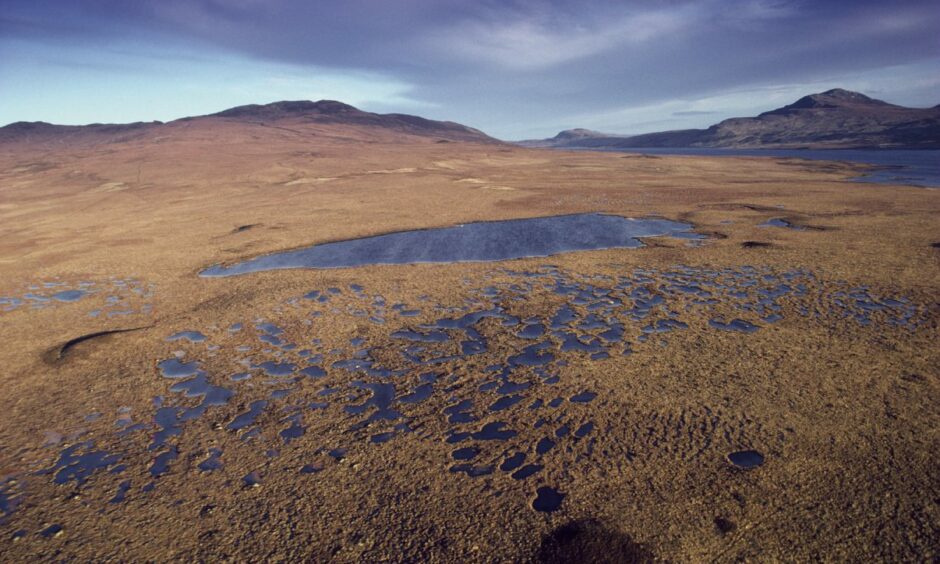New moves are being made to protect the Flow Country in the Far North – said to be “the lungs of Scotland” – from unwanted development.
The bid to secure World Heritage Site status for the Flow Country has moved closer with the formal submission of the formal nomination dossier to UNESCO.
If successful, the Flow Country would be the first peatlands on the World Heritage List and would join other internationally important natural areas, such as Australia’s Great Barrier Reef and the Serengeti in Tanzania.
Members of Highland Council will next week be asked to approve an official planning statement which sets out the practical processes that will be followed to protect the Flow Country from potentially harmful development while it is being considered by UNESCO for World Heritage Site status.
‘Huge environmental importance’
Ken Gowans, chairman of the council’s economy and infrastructure committee, said: “The planning position statement, due to be discussed at next week’s committee, aims to provide vitally important protection for Caithness and Sutherland’s Flow Country, which is a site of huge environmental importance.
“This statement is crucial due to the lack of precedent, with no site in Scotland previously nominated for wholly natural World Heritage criteria, nor one in a location where there is so much development pressure, specifically from onshore wind energy and electricity transmission infrastructure.”
 The Flow Country World Heritage nomination was submitted to UNESCO on February 1.
The Flow Country World Heritage nomination was submitted to UNESCO on February 1.
It progressed from being on the UK’s tentative list of potential World Heritage sites to being a ‘candidate’ site.
The Flow Country in Caithness and Sutherland is the most extensive and diverse example of an actively accumulating blanket bog landscape found globally.
The geographical position of the Flow Country and the diversity of habitats result in biological associations unlike any other found globally.
Furthermore, its scale and connectivity afford resilience to the ecosystem and the species it contains.
‘Transcend national boundaries’
The site’s bid for World Heritage status has the full support of The Highland Council, the Scottish Government and the UK Government.
An assessment mission – a visit by representatives of the International Union for Conservation of Nature (IUCN) and external experts – to evaluate the nominated site and discuss the nomination, is scheduled for the middle of this year.
Following that, the bid will be considered at the UNESCO World Heritage Committee in mid-2024 with a decision being made at that time.
Outstanding Universal Value (OUV) is to hold a significance which is so exceptional as to transcend national boundaries and to be of common importance for present and future generations of all humanity.
If developments that would threaten the OUV of the site are granted, between submission of the bid and UNESCO’s decision, the bid could be seriously undermined, and the site could be compromised.
A first for Scotland
The Flow Country Partnership hopes to secure UNESCO status for seven areas totalling 49,421 acres, which it believes meets the required criteria.
If successful, the Flow Country will become Scotland’s only mainland World Heritage property listed for purely natural criteria.


Conversation